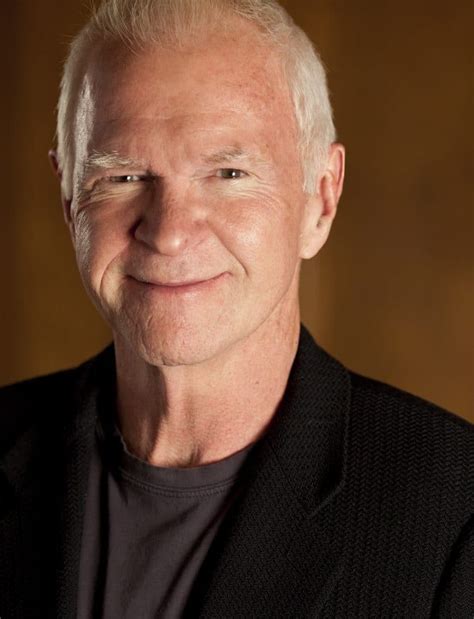A Quote by Rusty Schweickart
Landing on the moon was a dream that millions of kids have had for hundreds of years.
Related Quotes
My take on what happened with the moon landing was [......] they suspect [ sic ] that on impact that the cameras would be damaged because back in 1969 cameras weren't, you know, like they are today, as good. So they had a studio set up at CBS to mimic the moon landing. And sure enough the cameras broke and so they flipped, you know, the CBS studio on. And what you saw of the footage of the '69 moon landing was actually at CBS studio.
The exciting part for me, as a pilot, was the landing on the moon. That was the time that we had achieved the national goal of putting Americans on the moon. The landing approach was, by far, the most difficult and challenging part of the flight. Walking on the lunar surface was very interesting, but it was something we looked on as reasonably safe and predictable. So the feeling of elation accompanied the landing rather than the walking.
Dutch beaches were known to me as man-made territories, as part of various land reclamation projects. But I was also interested in the media reality of the Moon landing. I wanted to use that event as a measure of time, to see what had happened in those thirty years - which happens to be my lifetime as well. I was born in 1967 and I remember seeing the Moon landing on TV when I was two. All those things were in play. Then it became a big production. It took five months to gather up the goodwill and make it happen.
When some people look at a shrimp they think, "Hmm. Delicious." When I look at a shrimp I think, "You're a miracle, absolutely incredible. Your ancestors have gone back hundreds of millions of years." And to develop a thing as simple as a shrimp cocktail, you have to calculate the hundreds of millions of years that have preceded that moment where you're sitting there with your sauce and fork poised.
To send humans back to the moon would not be advancing. It would be more than 50 years after the first moon landing when we got there, and we'd probably be welcomed by the Chinese. But we should return to the moon without astronauts and build, with robots, an international lunar base, so that we know how to build a base on Mars robotically.
I don't like to rate myself; others can do that. I've spoken with a number of young people who weren't even born in 1969, when the first moon landing was made. They've witnessed the first person to fly at faster than speed of the sound without propulsion. These kids are happy to have had such a momentous event in their lifetime.
There where hundreds of graves. There where hundreds of women. There were hundreds of daughters. There were hundreds of sons. And hundreds upon hundreds upon thousands of candles. The whole graveyard was one swarm of candleshine as if a population of fireflies had heard of a Grand Conglomeration and had flown here to settle in and flame upon the stones and light the brown faces and the dark eyes and the black hair.






























